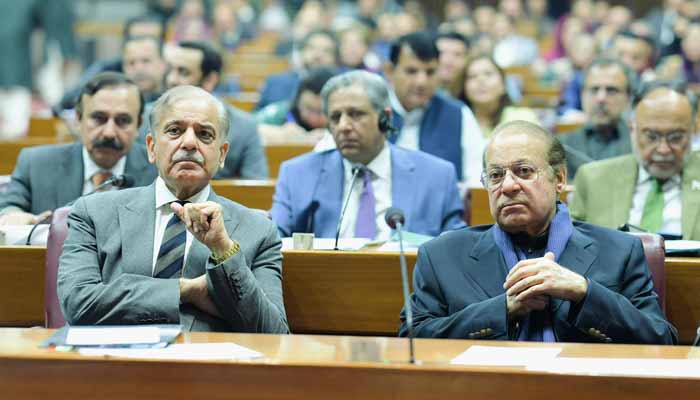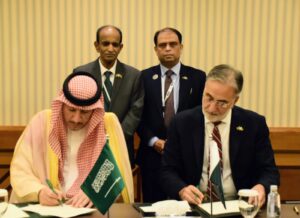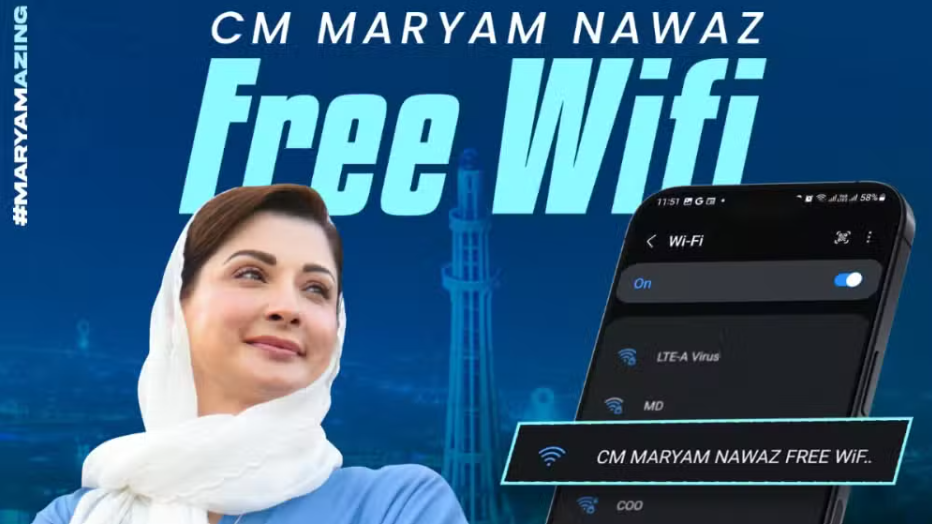
Pakistan
NA passes 27th constitutional amendment amid opposition walkout
ISLAMABAD: The National Assembly on Wednesday passed the landmark 27th Constitutional Amendment Bill with a two-thirds majority amid an opposition walkout, marking a significant overhaul of Pakistan’s judicial and defence framework.
Law Minister Azam Nazeer Tarar presented the bill, which was passed with 234 votes in favour and four against. The Pakistan Tehreek-e-Insaf (PTI) boycotted the voting, while four members of the Jamiat Ulema-e-Islam-Fazl (JUI-F) voted against the amendment.
The bill, which modifies key constitutional articles, aims to establish a Federal Constitutional Court (FCC), redefine the office of the Chief Justice of Pakistan (CJP), and formalize new defence command structures, including the creation of the Chief of Defence Forces post.
Under the new amendment, the incumbent CJP will continue until the end of the current term, and thereafter, the senior-most among the CJs of the Supreme Court and FCC will be designated as Chief Justice of Pakistan. The FCC will have equal provincial representation and suo motu powers upon petitions.
The amendment also introduces reforms in the judicial appointment process, with the president and prime minister playing key roles. Presidential immunity will be limited if a former president assumes public office after completing the tenure.
In defence-related clauses, the Chief of Army Staff will assume the role of Chief of Defence Forces, while honorary ranks such as Field Marshal, Marshal of the Air Force, and Admiral of the Fleet will remain for life.
The multi-clause bill required 224 votes to pass in the 336-member House. The ruling coalition — comprising the PML-N, PPP, MQM-P, PML-Q, IPP, and smaller allies — comfortably achieved the majority.
‘Remarkable unity’
Prime Minister Shehbaz Sharif, addressing the House after the passage, congratulated lawmakers for demonstrating “remarkable unity” on a historic occasion.
He recalled that the Charter of Democracy, signed between the PML-N and PPP, had envisioned a constitutional court. The 27th Amendment, he said, was the realization of that commitment.
“The federation cannot afford any measure that weakens its foundations. This amendment strengthens both democracy and the rule of law,” the premier said. He also thanked Chief Justice Afridi for ensuring the swift disposal of revenue-related cases, saying such cooperation between institutions was vital for national progress.
Shehbaz confirmed that the CJP would continue to head the Supreme Judicial Council, Judicial Commission, and Law and Justice Commission, while the newly created Federal Constitutional Court would handle constitutional disputes.
Bilawal: ‘No more suo motu’
PPP Chairman Bilawal Bhutto-Zardari said the amendment would end the judiciary’s unilateral suo motu powers, which he claimed had been repeatedly misused in the past.
“We have seen prime ministers disqualified and policies overturned under the pretext of suo motu actions. From regulating vegetable prices to launching dams — this unchecked power is now being replaced with constitutional balance,” Bilawal said.
He credited Maulana Fazlur Rehman for helping bridge differences between the government and opposition during consultations, noting that the amendment reflected “consensus-based constitution-making.”
Bilawal also highlighted that the Field Marshal title for the army chief was part of broader defence reforms to “strengthen national command structures,” and that future defence amendments would be introduced under Article 243.
He urged unity against terrorism, reminding lawmakers that Pakistan had “defeated terrorists once and will do so again.”
Read More: Sri Lanka Confirms Pakistan Tour to Continue Amid Tightened Security Measures
Opposition protests
Opposition alliance chief Mahmood Khan Achakzai, leader of PkMAP and TTAP, tore up a copy of the bill in protest, calling the legislation “undemocratic.” He claimed the present parliament, formed “under disputed results,” lacked moral authority to amend the Constitution.
“Elected representatives have been denied their mandate. You cannot strengthen democracy through exclusion,” Achakzai said.
PTI Chairman Barrister Gohar Ali Khan echoed the criticism, alleging that PTI members were “physically barred” from Parliament and that the government was silencing opposition voices.
Speaker offers dialogue
National Assembly Speaker Sardar Ayaz Sadiq once again extended an olive branch to opposition parties, offering to mediate dialogue between both sides.
“If both sides sit together, solutions will emerge. Dialogue is the only democratic path forward,” he said, noting that Prime Minister Shehbaz had already invited the opposition to talks multiple times.
Barrister Gohar responded that PTI “never gave up on dialogue,” but sought “genuine engagement, not symbolic gestures.”
Government defends amendment
Speaking to the media earlier, Law Minister Azam Nazeer Tarar said the bill could be revisited by the Senate if needed, noting that “only Parliament has the authority to amend the Constitution — not any court.”
Information Minister Attaullah Tarar lambasted the opposition for what he termed “selective morality and double standards,” saying PTI “embraced fascism in power but rejected democracy in opposition.”
“When Parliament tries to legislate transparently and with consultation, they tear up bills instead of engaging,” he said, adding that the amendment represents “a mature democratic step toward institutional balance.”
Key Highlights of the 27th Amendment:
- Establishment of Federal Constitutional Court with equal provincial representation
- Chief of Defence Forces post created for the army chief
- Lifetime honorary ranks: Field Marshal, Marshal of Air Force, Admiral of Fleet
- Chief Justice of Pakistan to remain until term completion
- Senior-most between SC CJ and FCC CJ to serve as CJP
- President and PM to play key roles in judicial appointments
- Limited presidential immunity post-tenure
- Suo motu powers curtailed
- Judicial Commission to handle judge transfers; appeals to Supreme Judicial Council








